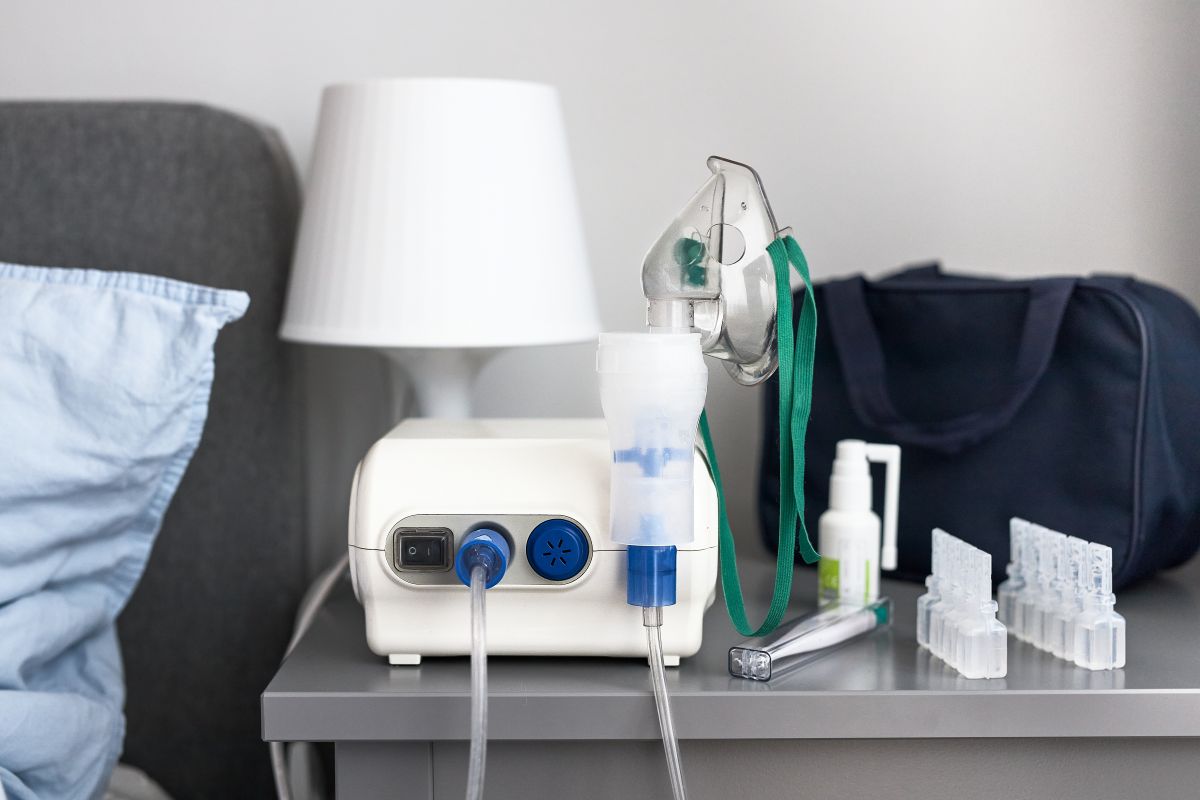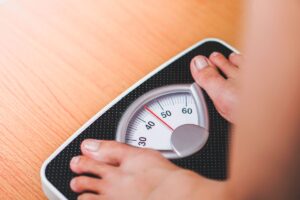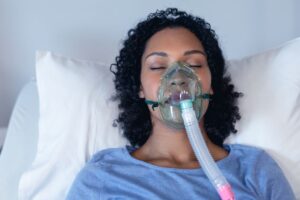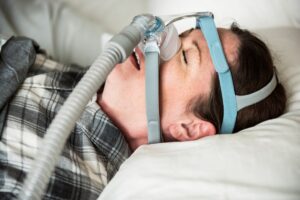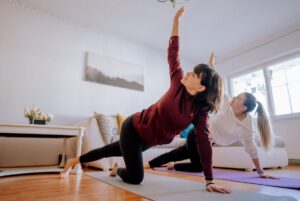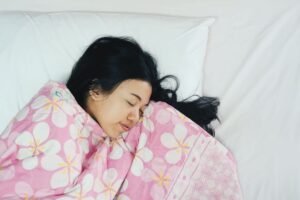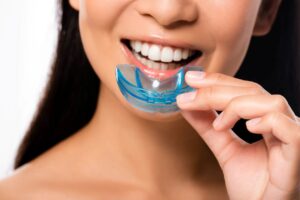If you’ve been diagnosed with sleep apnea, chances are your doctor recommended a CPAP machine. While CPAP therapy is highly effective, it’s not for everyone.
For many people, the mask is uncomfortable, the noise is disruptive, or the routine simply feels overwhelming. The good news? CPAP isn’t your only option.
This article breaks down the most effective CPAP alternatives for sleep apnea, who they’re best for, and how to get started with a treatment that actually works for your lifestyle.
Why Some People Can’t Tolerate CPAP
Although CPAP (Continuous Positive Airway Pressure) is considered the “gold standard” for moderate to severe obstructive sleep apnea (OSA), many patients find it difficult to use consistently.
Common reasons people seek CPAP alternatives include:
- Discomfort from the mask or straps
- Dry mouth or nasal irritation
- Claustrophobia or anxiety while wearing the mask
- Noise from the machine disrupting sleep
- Trouble traveling with CPAP equipment
- Poor fit or air leaks
And if you’re not using your CPAP regularly, it’s not protecting your health.
Best CPAP Alternatives for Sleep Apnea
Depending on the severity of your condition and your preferences, several proven alternatives to CPAP therapy exist.
Oral Appliance Therapy (Best for Mild to Moderate OSA)
Oral appliances are custom-made devices that reposition your jaw or tongue to keep your airway open while you sleep. They’re often recommended by dentists trained in sleep medicine and are ideal for people with mild to moderate sleep apnea.
Benefits include:
- Comfortable and non-invasive
- No mask, hoses, or noise
- Small and easy to travel with
- Often covered by insurance
- Supported by the American Academy of Sleep Medicine
Positional Therapy
Some people only experience sleep apnea when sleeping on their back. Positional therapy uses wearable devices or pillows to encourage side sleeping.
Best suited for:
- Patients with positional sleep apnea
- Mild cases that don’t require constant airway support
Weight Loss and Lifestyle Changes
Obesity is a major risk factor for sleep apnea. Even modest weight loss can reduce symptoms or eliminate the condition entirely.
Helpful lifestyle changes include:
- Losing weight
- Avoiding alcohol and sedatives before bed
- Quitting smoking
- Treating nasal allergies
- Getting regular exercise
Expiratory Positive Airway Pressure (EPAP)
EPAP devices are small, disposable valves placed over the nostrils. They create gentle resistance when you exhale, helping to keep your airway open.
Pros:
- No machines or power cords
- Quiet and portable
Cons:
- Less effective for severe OSA
- May not be covered by insurance
Surgical Options
For patients with severe airway blockages or those who haven’t responded to other treatments, surgery may be considered.
Options include:
- Uvulopalatopharyngoplasty (UPPP)
- Inspire hypoglossal nerve stimulation
- Nasal or jaw surgery
Surgery is typically a last resort after other therapies fail.
Are CPAP Alternatives Effective?
Yes — when chosen appropriately. The key is to work with a qualified provider who can evaluate your sleep apnea type and severity, and match you with the right therapy.
For many people with mild to moderate OSA, oral appliance therapy is just as effective as CPAP and easier to stick with long term.
Should You Switch from CPAP?
If you’ve already been diagnosed with sleep apnea but aren’t tolerating your CPAP machine, don’t give up. Untreated sleep apnea increases your risk of:
- Heart disease
- High blood pressure
- Stroke
- Daytime fatigue and brain fog
- Car and workplace accidents
Switching to a more comfortable solution could make all the difference.
How to Get Started with an Alternative Treatment
The first step is to schedule a consultation. Whether you’re just starting or looking to replace your CPAP, a trained provider can review your medical history, symptoms, and sleep study to find the best fit.
If you haven’t been officially diagnosed yet, you may qualify for a home sleep apnea test — an easy and affordable way to get answers.
Frequently Asked Questions
What is the best alternative to a CPAP machine?
For most people with mild to moderate OSA, the best CPAP alternative is oral appliance therapy, which repositions the jaw or tongue to keep your airway open.
Can you treat sleep apnea without CPAP?
Yes. Options include oral appliances, positional therapy, weight loss, and in some cases, surgery. Your treatment will depend on your condition and lifestyle.
Is oral appliance therapy covered by insurance?
Yes. Many insurance plans, including Medicare, cover oral appliances when medically necessary and backed by a sleep study.
What if I can’t tolerate my CPAP machine?
You’re not alone. Up to 50% of people with CPAP struggle to stay compliant. If you’re one of them, speak to your provider about other options.
Can I travel with a CPAP alternative?
Yes. Oral appliances and EPAP devices are compact, easy to pack, and don’t require power — making them perfect for travel.
